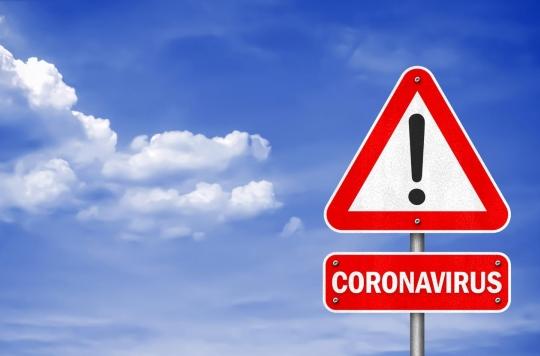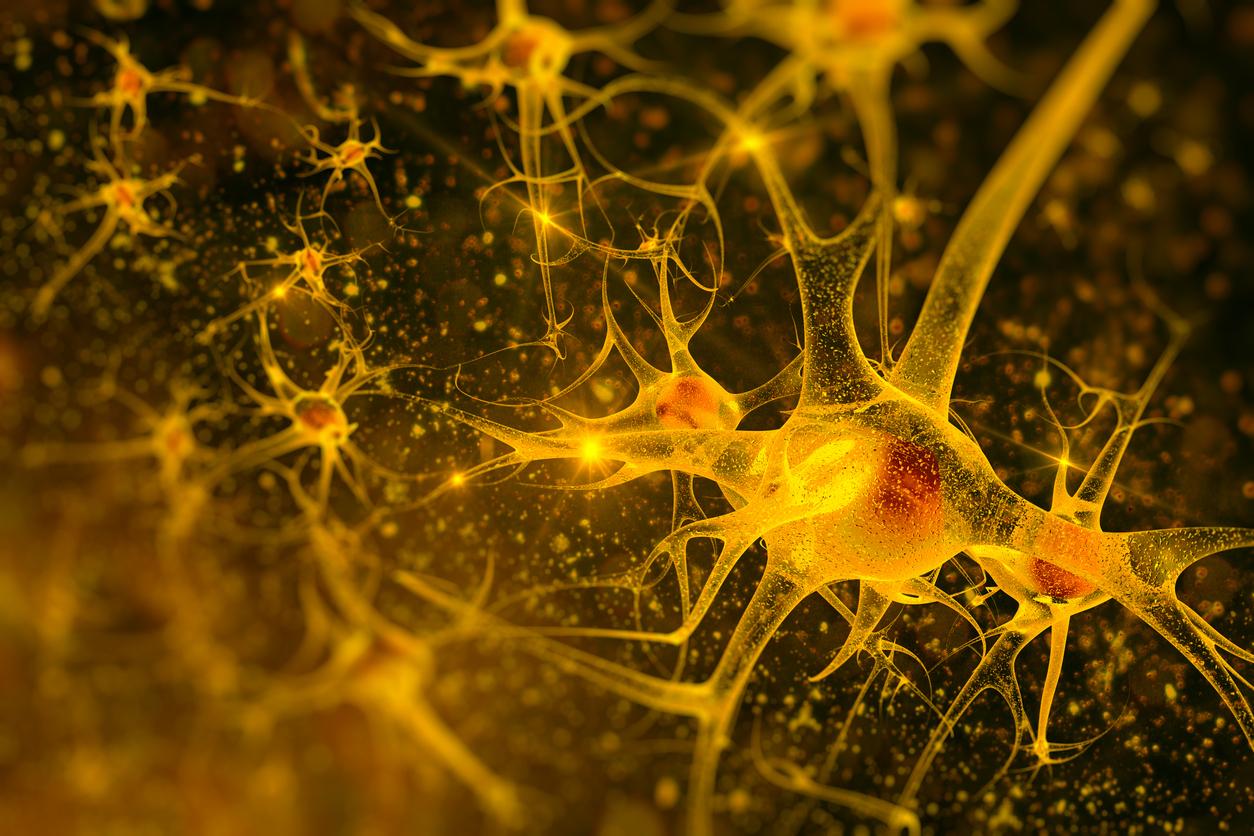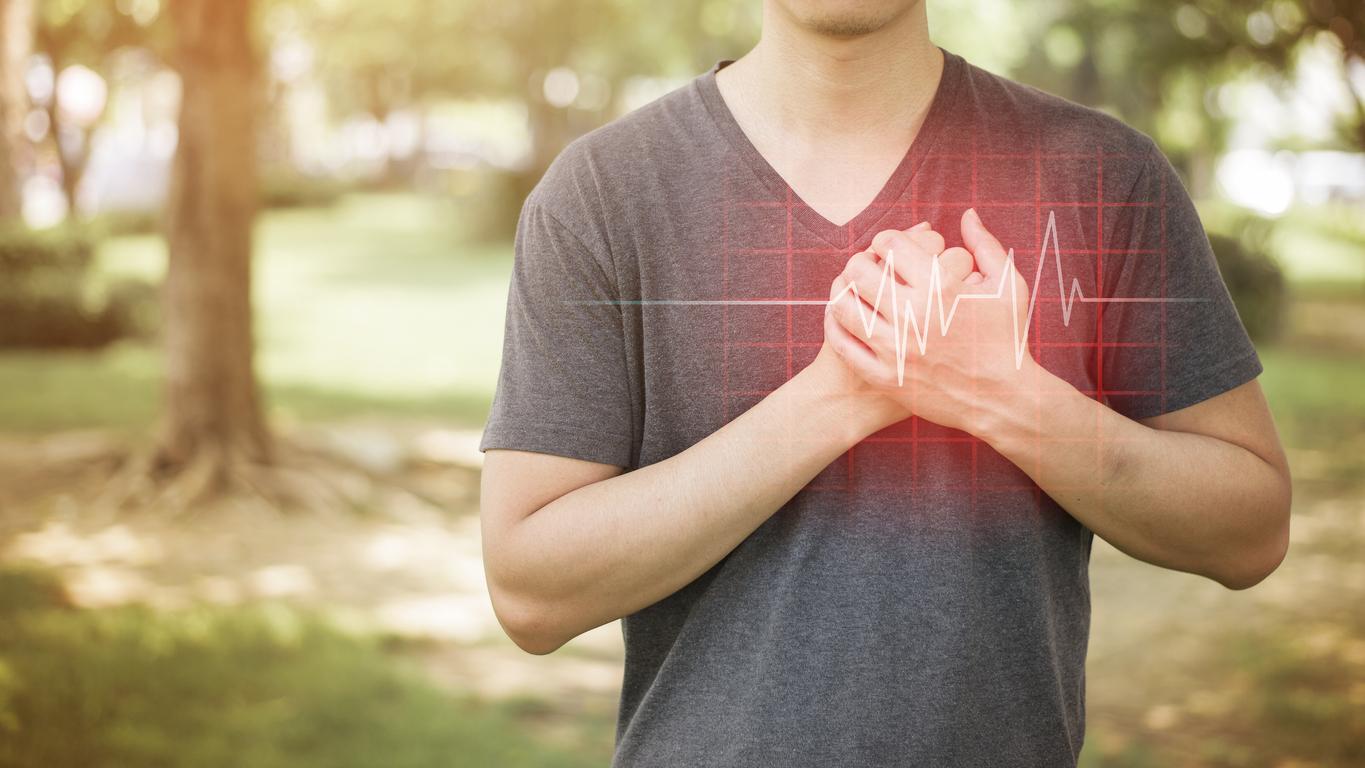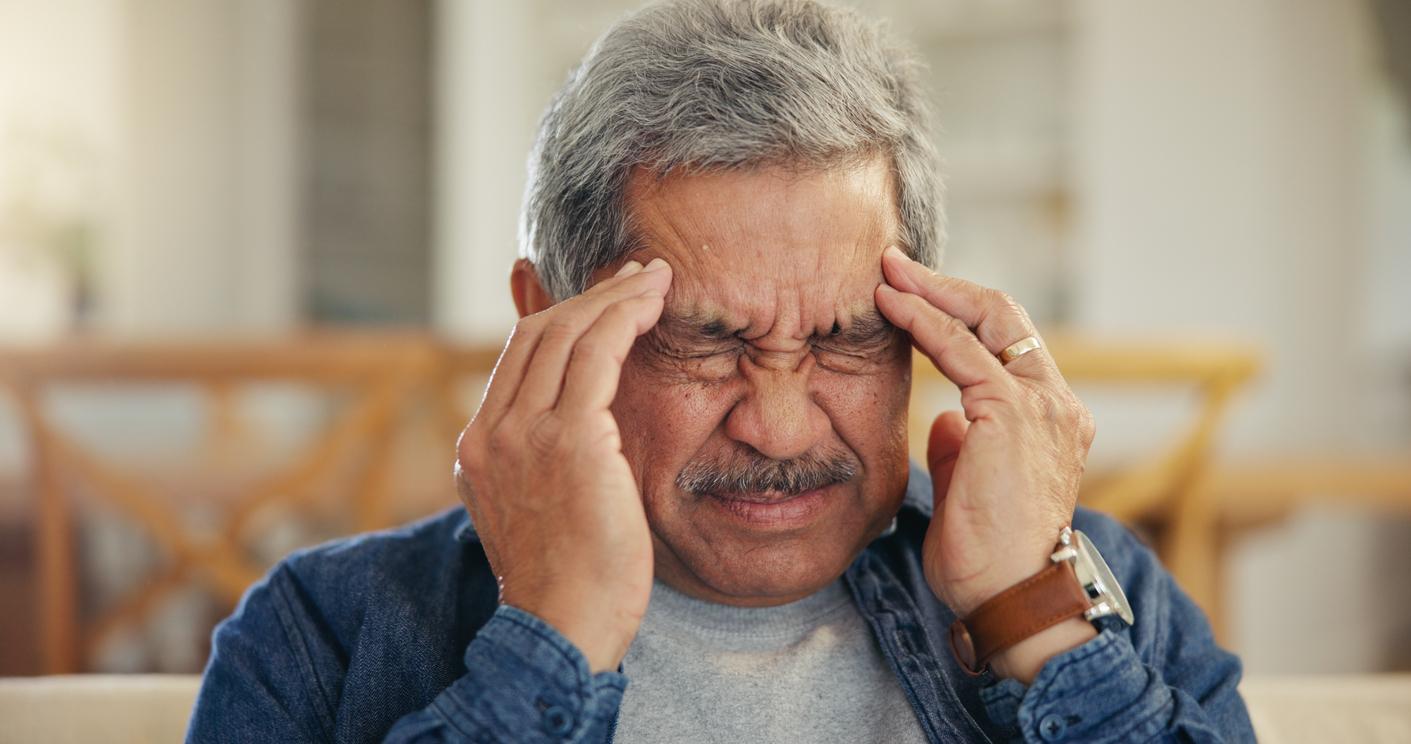A track to better protect against contamination: in Marseille, the military battalion of marine firefighters is testing a system for detecting SARS-CoV-2 in the environment.

- Identifying the virus in the environment would reduce the risk of contamination
- A system used by the military for bacteriological warfare is currently being tested
This is rather reassuring. As the authorities begin to prepare for deconfinement, the coronavirus continues to frighten the whole world, in particular because it is not known how long it can remain active on surfaces. However, we may soon be able to detect it in a room or in the surrounding air. “In the phase that will follow the peak of the Covid-19 epidemic, it will be crucial to isolate positive cases and to verify the presence of the virus in particular environments: factories that want to restart, contaminated sites, a room ”explained Rear Admiral Patrick Augier, commander of the military battalion of Marseille firefighters to World Tuesday March 31. The aim is therefore to assess the security of the sites in the event of a possible resurgence of the virus once the containment is over.
For a long time, the battalion has had an NRBC (nuclear, radiological, bacteriological and chemical) unit and has a mobile laboratory that detects biological warfare threats, explains The world. Today, its experts use PCR (polymerase chain reaction), a system that uses reactions that amplify the genetic material of the virus to apply it to virology in the environment.
To do this, a laboratory provided them with the ribonucleic acid (RNA), which constitutes the genetic heritage of SARS-CoV-2, and they asked another structure to develop the new reagents. The unit therefore uses its system applied to the new coronavirus. This would be able to reveal its presence in one hour in the case of a single point and in four hours in the event of multiple samples.
The revealing experience of Diamond Princess
The battalion tested its device in its operations center or in its ambulances before and after taking care of a Covid-19 patient to examine the effectiveness of the disinfection protocol implemented by the marine firefighters. “We can imagine, tomorrow, check [la présence du virus dans] a subway station from an air vent. We are testing cyclone filters, which work like big vacuum cleaners capable of concentrating the air”explains Patrick Augier.
If currently, we know that the RNA of the virus can remain for a very long time on certain surfaces, we still do not know until when the virus can still infect. Recall that on the liner Diamond Princesswhere a passenger from Hong Kong had tested positive for SARS-CoV-2, the Japanese found traces of the new coronavirus 17 days after the patients left.
Upon arriving in Japanese waters on February 3, the ship, which contained 3,711 passengers and crew, was immediately quarantined. The following month, more than 700 people were infected, including a nurse. This unfortunate experience has allowed researchers to conduct many very revealing studies.
“Cruise ships provide the conditions for an ideal experience with a limited population. You know exactly who is there and who is in danger and you can examine everyone”explained then John Ioannidis, of Stanford University, in California (United States), quoted by the site Forscience.
.

















